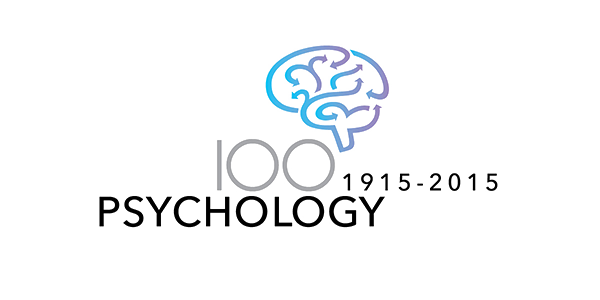Graduate Program Requirements
The basic graduate program for either Ph.D. consists of:
- Relevant coursework in the areas of cognitive psychology, cognitive neuroscience, developmental psychology, social/health psychology to provide breadth in the areas of psychology best represented by our program.
- Training in basic and advanced statistical and computational skills.
- Teaching assistantships to provide trainees with mentored experiences in university-level instruction.
- Professional development seminars to build professional skills and enable individualized pathway planning.
- Training in the responsible conduct of research and reporting to train ethically responsible scientists who produce rigorous and reliable research.
Overview of the Requirements by Year
Year 1
- The student takes an orientation course during the first week of the semester, one or two core courses in cognitive, developmental, or social/health psychology, and
a statistics or methods course. - The student chooses an advisor and committee.
- A first-year research project is designed, conducted, and the results are written up as a research paper and presented in a spring brown bag to the department.
Year 2
- A second-year research project is designed, conducted, written up as a research paper, and presented in a spring brown bag to the department.
- Coursework continues, typically 2 courses per semester. The student takes one or two core courses, and a statistics or methods course.
- The student also takes the teaching practicum class, which typically involves acting as a TA for a class. Students must take this class three times during their residency in the program.
Year 3
- Research continues. Coursework continues, as agreed upon by
student and committee. - A literature review paper is proposed and completed by August 15th. The student continues the teaching practicum class.
Year 4 & 5
- The dissertation topic is selected and presented formally to the student’s committee in an oral and written format.
- The dissertation research is conducted, completed, and defended.
Other Requirements
- Reading and research activity is expected in the summer.
- Students are required to attend department colloquia.
Additional Cognitive Neuroscience Ph.D. Specific Requirements
- 85-765: Cognitive Neuroscience
- Neurophysiology requirement satisfied by one of:
- 03-762: Advanced Cellular Neuroscience
- NROSCI/MSNBIO 2100: Cellular and Molecular Neurobiology (required for students in the Program in Neuroscience)
- INTBP 2000/2005: Foundations of Biomedical Science (for MD/Ph.D. students)
- Systems Neuroscience requirement satisfied by either of the following courses:
- 03-763: Systems Neuroscience
- NROSCI 2102/2103: Systems Neurobiology
- For MD/Ph.D. students, this requirement is satisfied by taking an equivalent course offered by the medical school
- Computational Neuroscience requirement satisfied by one of the following:
- Psych 85-719: Introduction to Parallel Distributed Processing
- CS 15-883: Computational Models of Neural Systems
- 36-759: Statistical Models of the Brain
